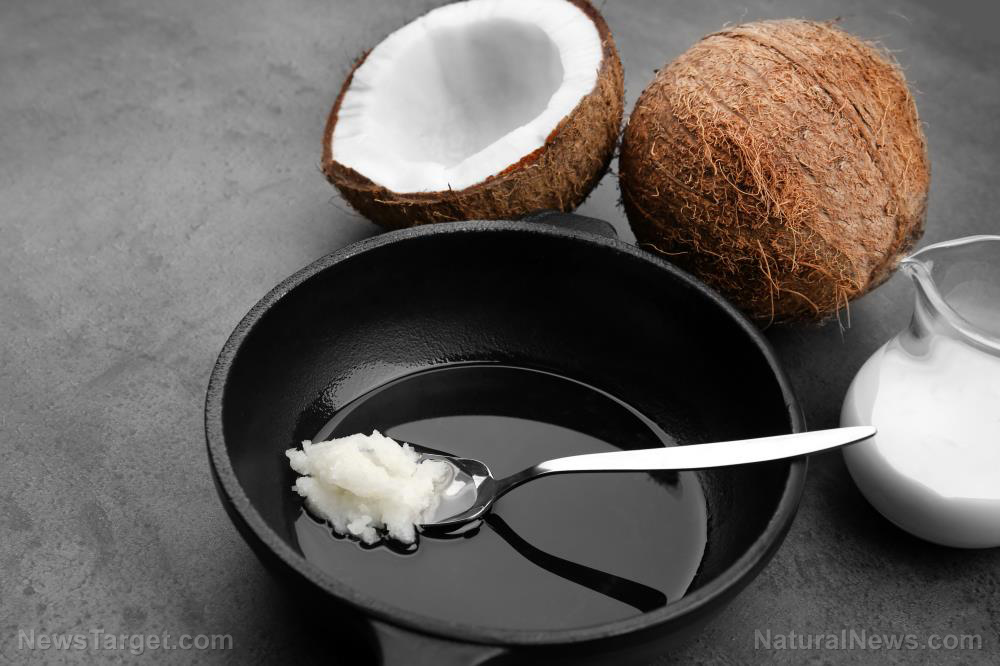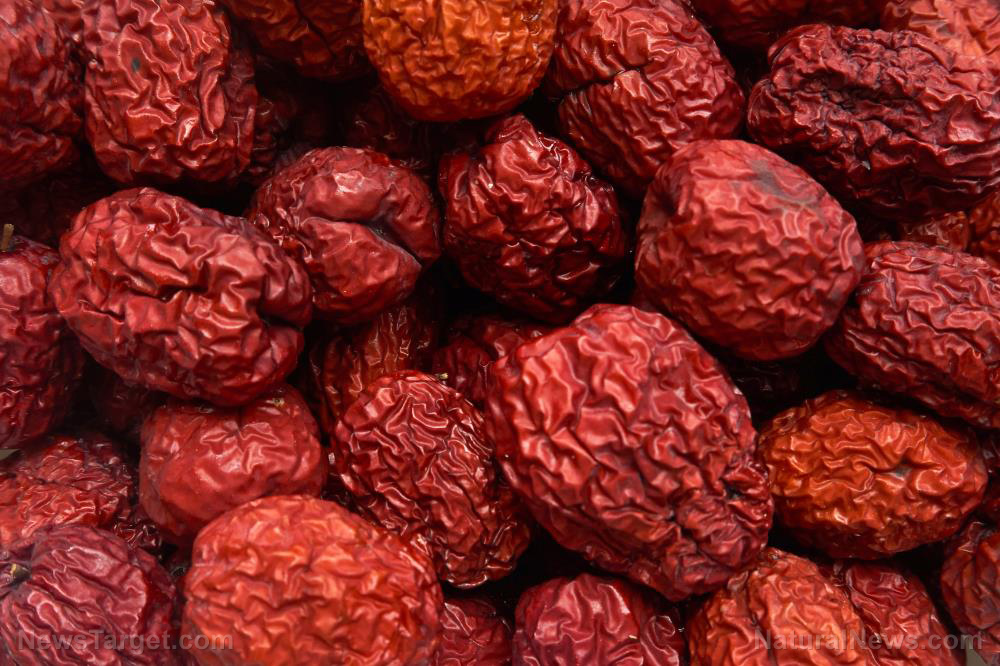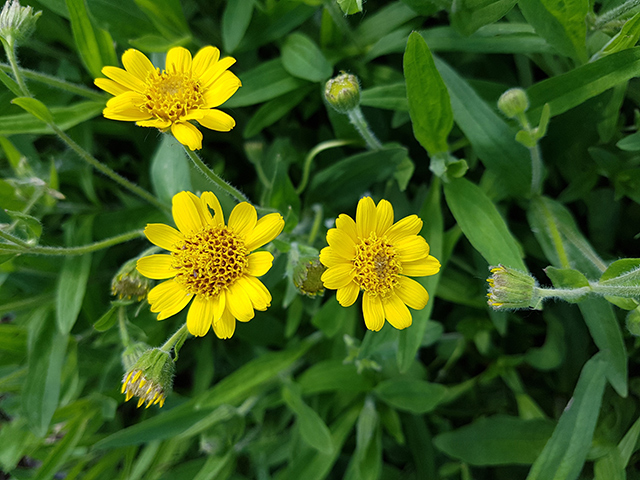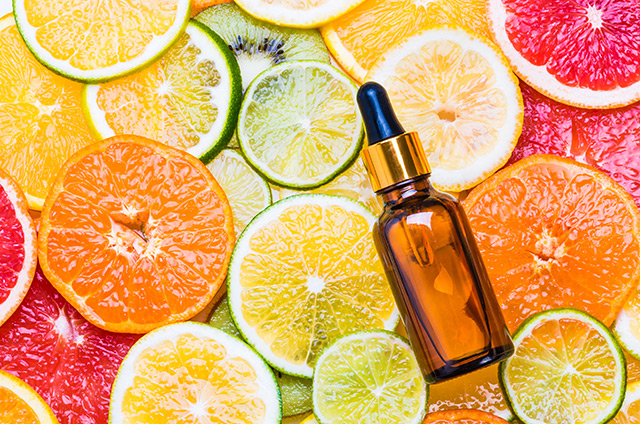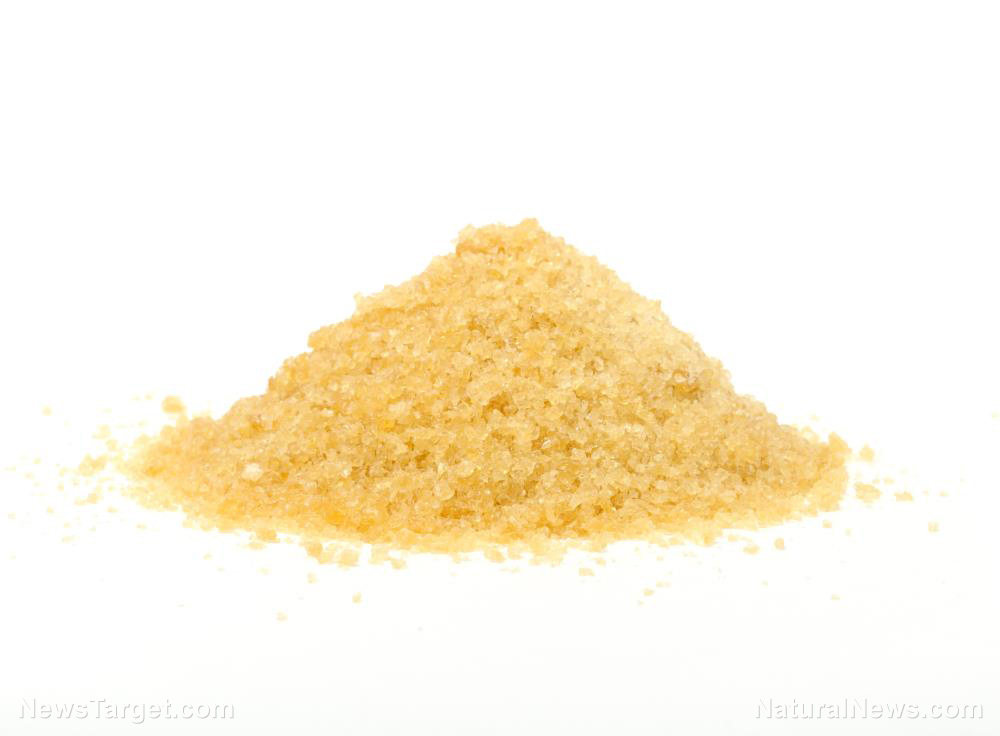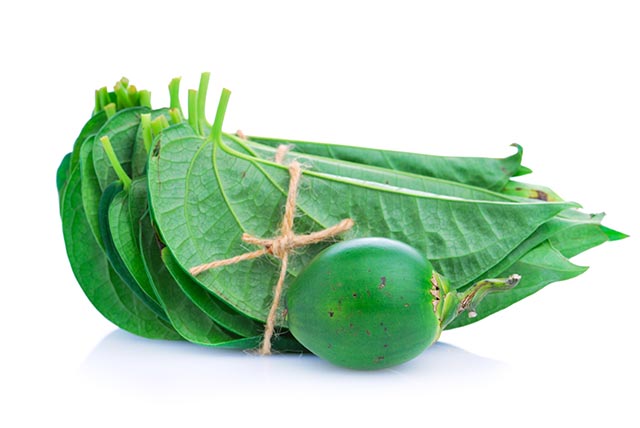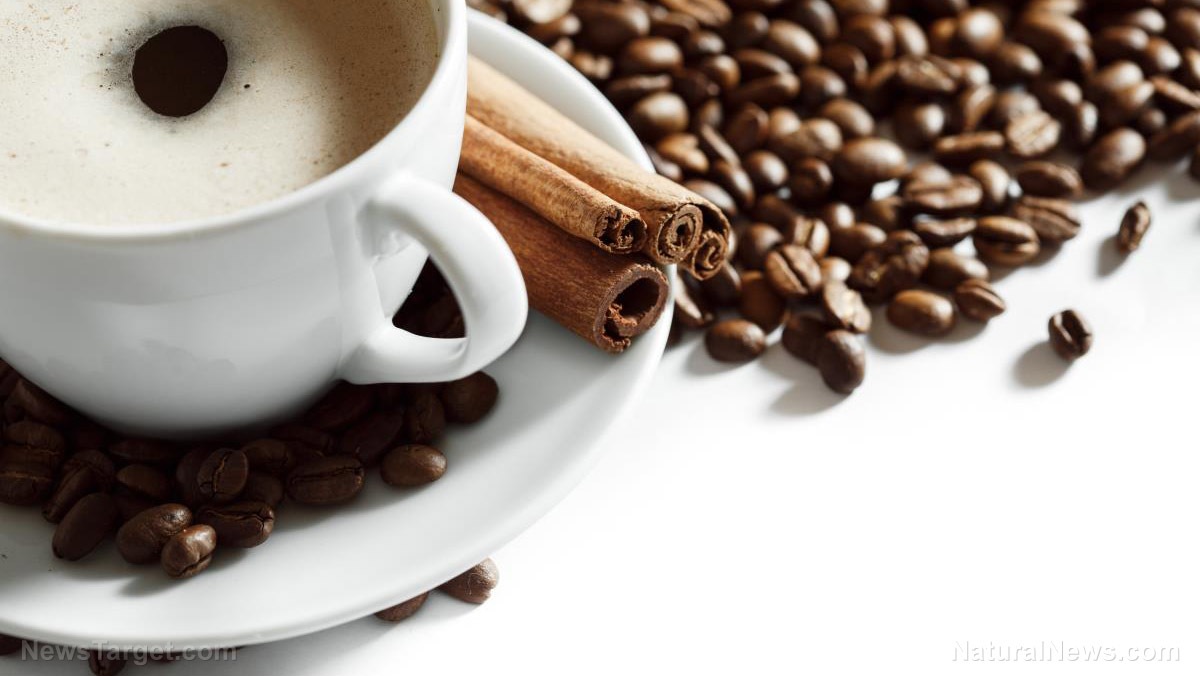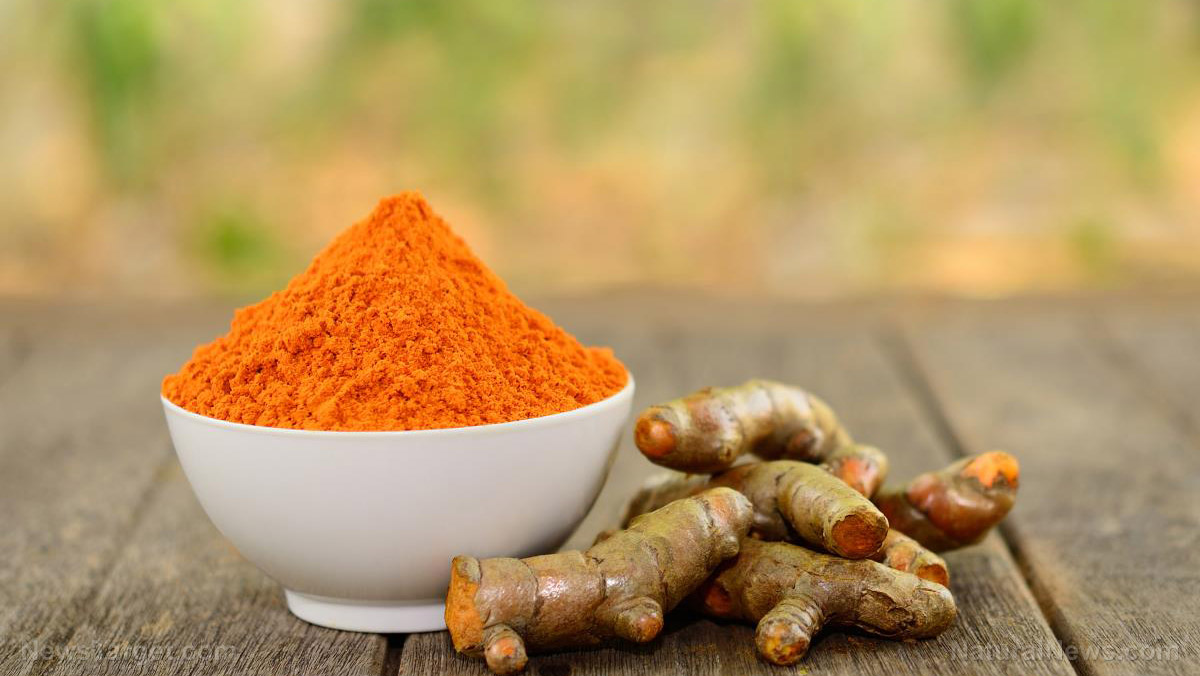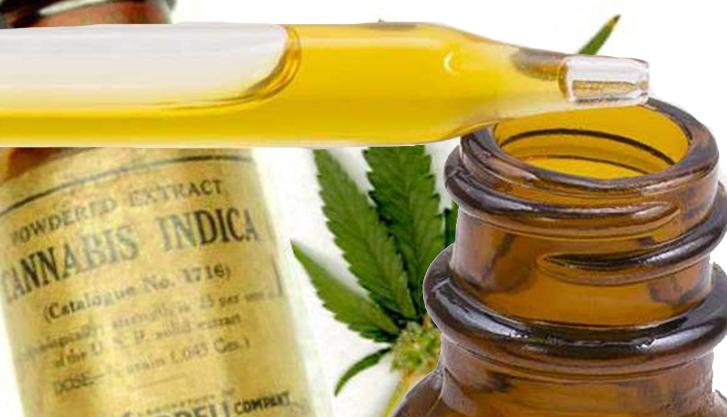Both American and Asian ginseng are effective at treating fatigue in people with chronic illness
11/26/2018 / By Michelle Simmons

A lot of people with chronic illnesses suffer from fatigue, which makes their everyday life even more difficult. Many people use ginseng as an herbal remedy for fatigue as it is believed to boost energy, enhance physical and mental health, and improve overall well-being. A systematic review published in The Journal of Alternative and Complementary Medicine confirmed that Asian ginseng (Panax ginseng) and American ginseng (Panax quinquefolius) are safe and effective natural remedies for fatigue.
Researchers from the Mayo Clinic and Oregon Health & Science University looked at the published evidence on Asian ginseng and American ginseng. They reviewed 10 studies on the use of Asian and American ginseng as treatments for fatigue to evaluate their safety and effectiveness.
The findings of these studies have shown that the use of ginseng is effective and has a low risk of side effects.
Based on the findings of the studies reviewed, the researchers concluded that both Asian and American ginseng are safe and effective treatments for fatigue in people with chronic illness.
The difference between Asian ginseng and American ginseng
Ginseng is one of the most commonly used herbs for boosting energy levels in the body. It has many varieties, and each type has different benefits. Two of its main types are Asian and American ginseng. Asian ginseng — also referred to as Korean ginseng, Chinese ginseng, and Oriental ginseng — is native to the Far East, including China and Korea. It has been used for its medicinal benefits for at least 2,000 years. On the other hand, American ginseng is native to North America. Both types of ginseng contain almost the same active ingredients known as ginsenosides but are different in the benefits they offer. (Related: Ginseng Benefits – What you need to know and Immune Boost Tea Recipe.)
Mother Nature's micronutrient secret: Organic Broccoli Sprout Capsules now available, delivering 280mg of high-density nutrition, including the extraordinary "sulforaphane" and "glucosinolate" nutrients found only in cruciferous healing foods. Every lot laboratory tested. See availability here.
One of the differences between Asian ginseng and American ginseng is energy they promote. The Asian ginseng is known to promote “yang” energy in the body. It is considered to be invigorating and stimulating. The Asian ginseng comes with a warmer nature, so it is fit for colder weather conditions. Because Asian ginseng is known to increase the yang energy in the body, it is beneficial in revitalizing the natural heat of the body. It also helps in the improvement of blood flow.
Asian ginseng has also been used for various health conditions. It has been used to treat angina and pain, to help regulate blood sugar, to alleviate sexual dysfunction, to boost strength and stamina, and to enhance overall health.
On the other hand, the American ginseng is known to promote the “yin” energy in the body. Unlike the Asian ginseng, it is considered to have a more relaxing and sedating effect. It also has a more cooling nature, which is fit for use in hot weather conditions. Since American Ginseng increases the yin energy, it is used to cool down the body during fever or from a hot climate. In addition, it is also said to boost the immune system. This ginseng variant is also believed to be beneficial in people with attention deficit hyperactivity disorder (ADHD). American ginseng is also used as an herbal supplement to help treat chronic illnesses, such as diabetes, high cholesterol, anemia, and nerve pain. It is also used as a stimulant to boost athletic performance and mental capacity.
The Asian ginseng and American ginseng are also different in terms of their potency. The Asian ginseng has a stronger “qi” boosting effect, while American ginseng has a mild effect.
Read more news stories and studies on natural remedies for fatigue by going to AlternativeMedicine.news.
Sources include:
Tagged Under: alternative medicine, American ginseng, Asian ginseng, chronic illness, fatigue, food as medicine, food cures, herbal medicine, Herbs, natural cures, natural medicine, natural remedies, weakness

